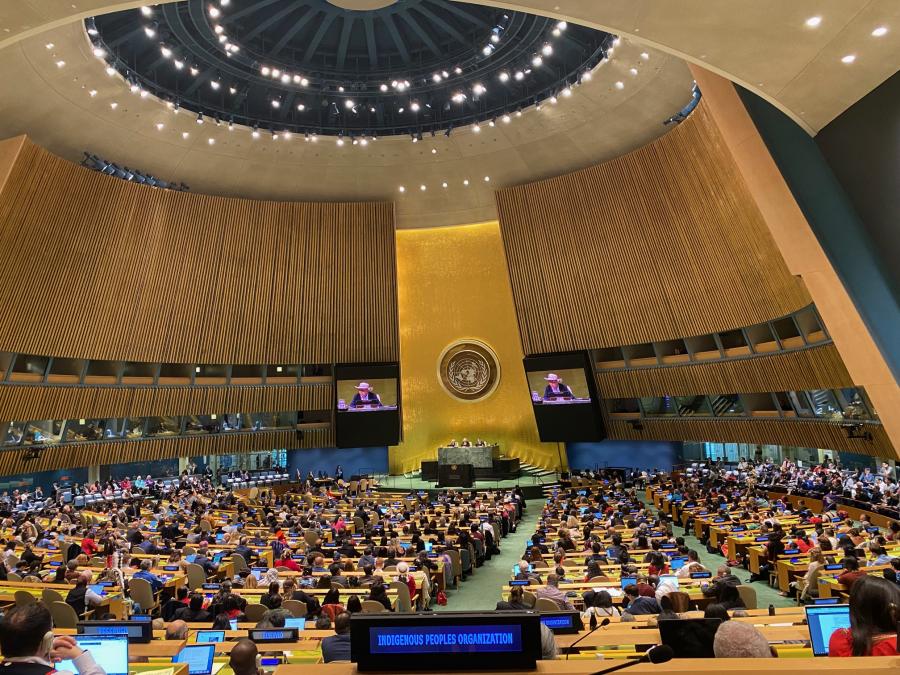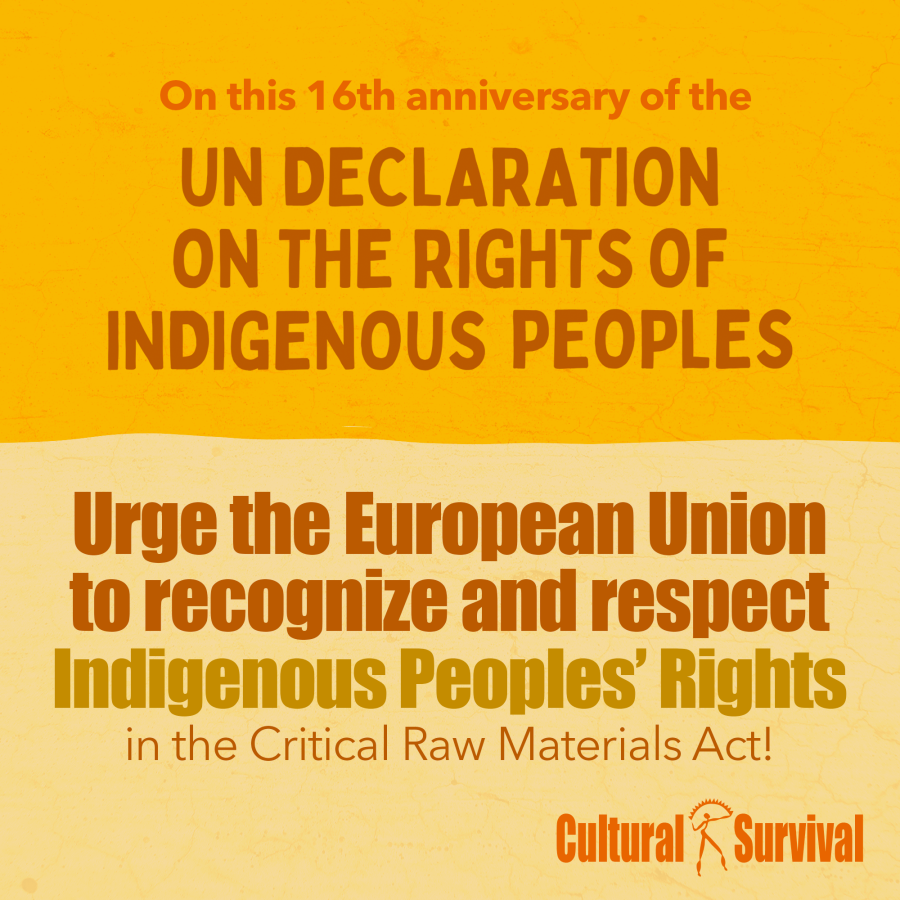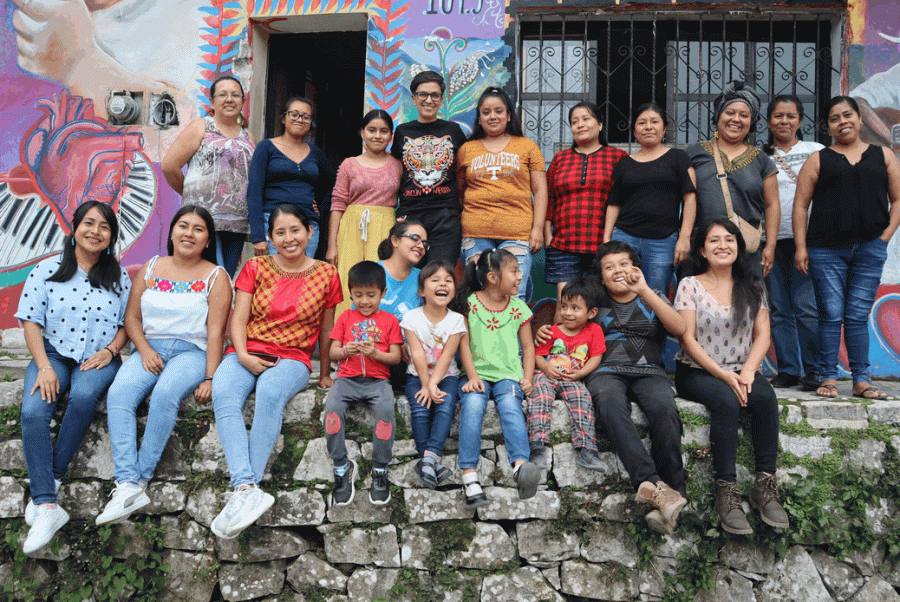
Indigenous human rights and environmental defenders are killed on a daily basis. The Global Initiative to Address and Prevent Criminalization and Impunity Against Indigenous Peoples, launched by Indigenous Peoples Rights International and a broad coalition of organizations working on Indigenous rights, aims to “prevent, respond, and reduce acts of criminalization and impunity against indigenous peoples and to provide better protection and access to justice for actual and potential victims not only as individuals but as collectives or communities.” In order to do so, the initiative has formed a database, a website, and an annual report to be released around September. The Initiative aims to work closely with Indigenous and human rights networks and organizations to gather data on threats and actions against Indigenous leaders. The Initiative is working towards establishing a legal and support fund for victims of criminalization or impunity.
Led by UN Special Rapporteur on the Rights of Indigenous Peoples Victoria Tauli-Corpuz, the full-scale launch will occur in April 2020 at the UN Permanent Forum on Indigenous Issues. The numbers demonstrate what she calls a “‘global crisis’ of attacks against environmental human rights defenders wherein a majority of them are members of Indigenous communities. The past three years show an alarming trend in the persistence of criminalization and impunity against Indigenous Peoples.
The Initiative has gathered information from 2017 onward regarding 19 countries: Brazil, Guatemala, Bangladesh, Cambodia, the Philippines, the Democratic Republic of Congo, Kenya, Finland, Russia, Colombia, Ecuador, Guatemala, Vietnam, the Philippines, Cameroon, Uganda, the United States of America. In total, they have documented 472 killings, 423 arbitrary detentions, 237 illegal arrests, and 1630 reported cases of threats and intimidation.
In the 2017 figures alone, which focused on only a handful of the above countries, there were over 125 killings of Indigenous people (with 110 of these being in Brazil). There were over 250 arbitrary detentions, with most reported from Guatemala and Bangladesh. In Bangladesh alone 401 cases of trumped-up charges were reported. Finally, threats and intimidation made up the majority of documented incidents of criminalization against Indigenous Peoples, with 1,176 in Bangladesh among others incidents almost all of the above countries.
In 2018, the Initiative reported over 200 murders, with over half occurring in Brazil. There were over 9,500 arbitrary detentions, with almost all of them reported from Colombia, and 170 illegal arrests in Bangladesh and Cambodia.
In 2019, according to the data collected, the majority of killings were reported in Colombia (60) and Mexico (35), and the majority of illegal arrests were reported in Indonesia (43). Most cases of threats and intimidation were reported in the Philippines (15).
It is important to remember that incidents described are only those that have been documented by the platform, still in its infancy. Due to marginalization and discrimination by authorities, unequal access to justice, language barriers, and the lack of coverage by mainstream media, there are many acts of violence, criminalization, and impunity against Indigenous Peoples that remain undocumented and unheard. “This available data is just the tip of the iceberg of the true scale of the crisis,” Tauli-Corpuz warns.



